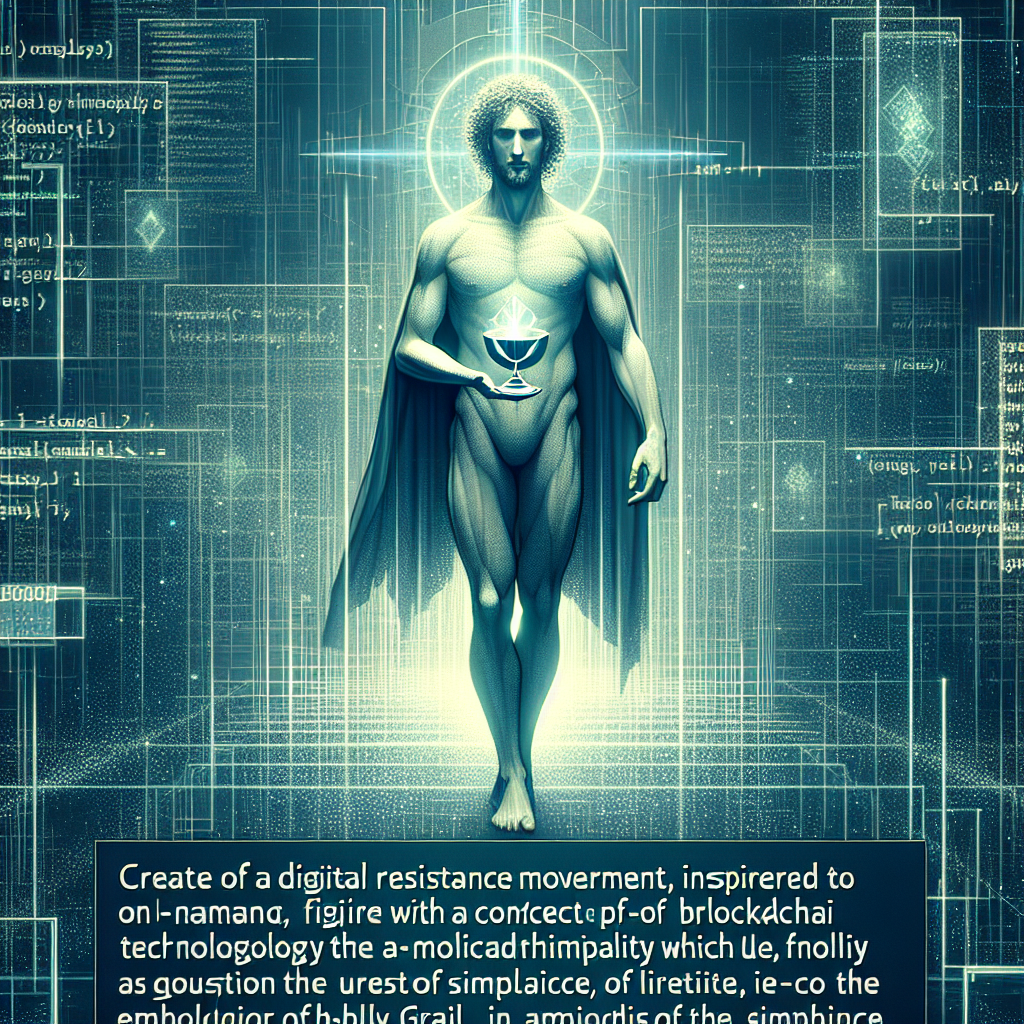The Algorithmic Overlord’s Next Move
In the grand chessboard of digital dominance, Vitalik Buterin has unveiled a bold gambit: to transform Ethereum’s labyrinthine Virtual Machine into the sleek, open-source prowess of RISC-V. This maneuver promises to catapult Ethereum’s performance into the stratosphere, a 100x leap that would make even the most jaded tech barons raise an eyebrow. The plan, cloaked in the guise of simplicity, aims to strip Ethereum down to its bare bones, rivaling the austere elegance of Bitcoin’s protocol. Yet, in a world where simplicity is a double-edged sword, one wonders if the true game is to make Ethereum a more ‘credibly neutral’ player on the global stage, or simply to keep the digital empire from collapsing under its own weight.
RISC-V: The New Oracle of Efficiency
Enter RISC-V, the new oracle in Buterin’s technological pantheon. Unlike Ethereum’s bespoke EVM, which trudges through translation purgatory like a bureaucrat on a Monday, RISC-V cuts straight to the chase. Imagine a world where applications dance directly on the execution layer, their movements swift and precise. This open-source instruction set whispers promises of reduced infrastructure costs, diminished bug risks, and a minimized ‘social attack surface.’ But as with all tech prophecies, the devil is in the details—or in this case, the potential for ‘catastrophic bugs’ and ‘immature tooling.’ Yet, in the dystopian dance of progress and peril, one must ask, who truly holds the reins of this digital stallion?
Growing Pains in the Ethereum Empire
Buterin’s grand designs are not without their growing pains. In his candid reflections, he confesses to past missteps—decisions that led Ethereum astray in pursuit of illusory gains. The path to digital enlightenment is fraught with the specter of broken backward compatibility and the Herculean task of retraining developers steeped in the old ways. As Dominick John of Kronos Research warns, Ethereum’s governance is a ‘massive coordination challenge,’ a fragmented mosaic of stakeholders each with their own agenda. Yet, like a phoenix rising from the ashes of digital chaos, some see Ethereum not as a failed experiment, but as a pioneer laying the groundwork for future innovation.
The Illusion of Oversight in a Rigged Game
In this dystopian tableau, the question looms: Is Ethereum’s transformation a genuine leap towards technological maturity, or merely another move in the illusion of oversight? Thad Pinakiewicz of Galaxy offers a sobering perspective: ‘Price isn’t the scoreboard for technological maturity.’ As Ethereum fortifies its infrastructure, it becomes a blueprint for others to emulate—a silent testament to its success in a world obsessed with market value. But in the end, as the digital titans play their game of thrones, the true victory lies not in fleeting profits, but in reshaping the very fabric of our digital reality. Welcome to the future, where the lines between innovation and control blur, and the game is far from over.
Meta Facts
- •💡 Ethereum’s proposed transition to RISC-V could boost performance by up to 100 times.
- •💡 Ethereum’s governance requires consensus across fragmented stakeholders, posing a massive coordination challenge.
- •💡 Vitalik Buterin admits past decisions have led to illusory benefits and setbacks in Ethereum’s development.

